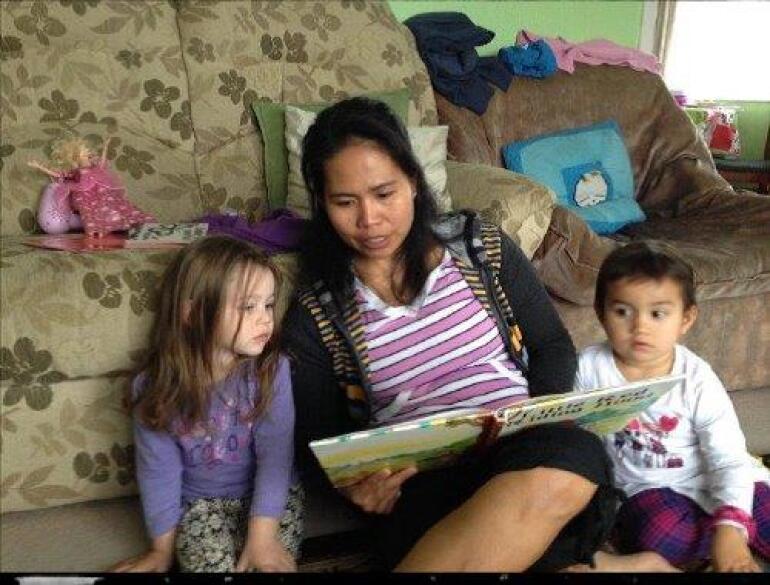News And Events

Language and Literacy Rich Environment
25 July 2014Recent research on early literacy emphasises the importance of a print-rich and resource‑rich environments, and meaningful and socially-constructed play and conversations in literacy learning and development (Morrow, 2008; Hamer & Adams, 2002). Play, games, make-believe storytelling, and songs are important to literacy learning, enabling children to make choices about their learning (Tennant et al 1998 as cited in Education Review Office, 2004: p.33). The educators’ role is to provide the play area, introduce events, and extend play (Hall & Robinson, 2000). Children are likely to develop better oral literacy when learning conversations are varied and used in a variety of contexts (Ashworth & Wakefield, 1994 as cited in Education Review Office, 2004: p.35).
A broad and holistic approach where literacy learning is woven throughout a range of play opportunities and which includes multi-literacies such as verbal, visual, auditory, gestural and spatial forms is essential. These opportunities help children develop their ideas and values about literacy. It is important for educators to be aware of and incorporate literacy practices and activities that are not only meaningful and practical, but also reflect the child’s family and community. The contribution and involvement of parents, whānau, and community helps children experience varied, meaningful opportunities and interactions (Hamer & Adams, 2003; Lenhart & Roskos, 2003; Mitchell et al, 2009).
Children’s literacy learning is strengthened when educators share books, use skilful questioning to develop children’s comprehension and prediction skills, engage children in learning conversations, responding to their interests and incorporate oral literacy into outings and events. Impromptu storytelling based on children’s ideas and suggestions can also be used to develop oral literacy.
Some ideas to support children’s literacy learning include;
- using books for researching children’s interests
- writing invitations, letters, lists, cards, shopping lists
- writing and dictating stories
- using name badges for dramatic play
- using recipes
- writing and reading emails
- writing their names
- drawing
- learning about local history, legends, and spiritual contexts.
- through stories, rhymes, and songs
- in the context of play, for example: puzzles, rhymes, magnetic letters, “I spy” with sounds and letters
- sounding out letters when writing names, and when labelling objects and artwork
- role-playing and drama
- sharing news from home and encouraging questioning
- using te reo in daily conversation
Some ideas to promote literacy for infants (birth to 18 months) include:
- having books that are tactile, accessible, and that infants can hold themselves
- reading books and storytelling
- singing rhymes and songs
- repeating words and phrases
- responding to verbalisation and non-verbal cues
- creating opportunities for mark-making, messy play, and playdough.


